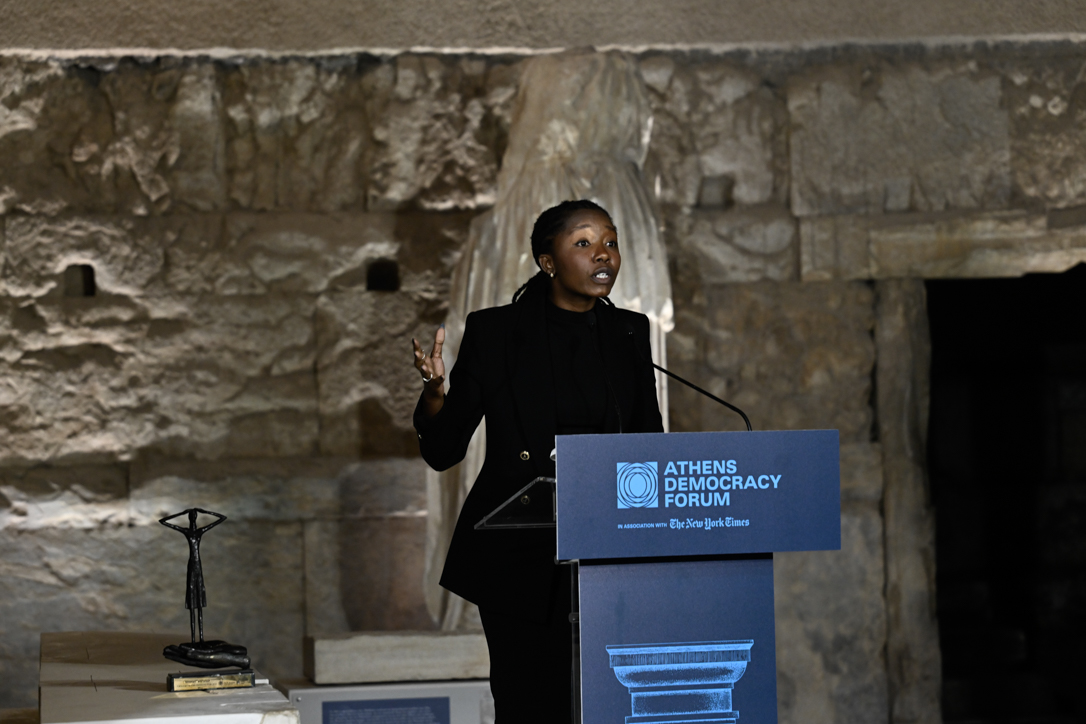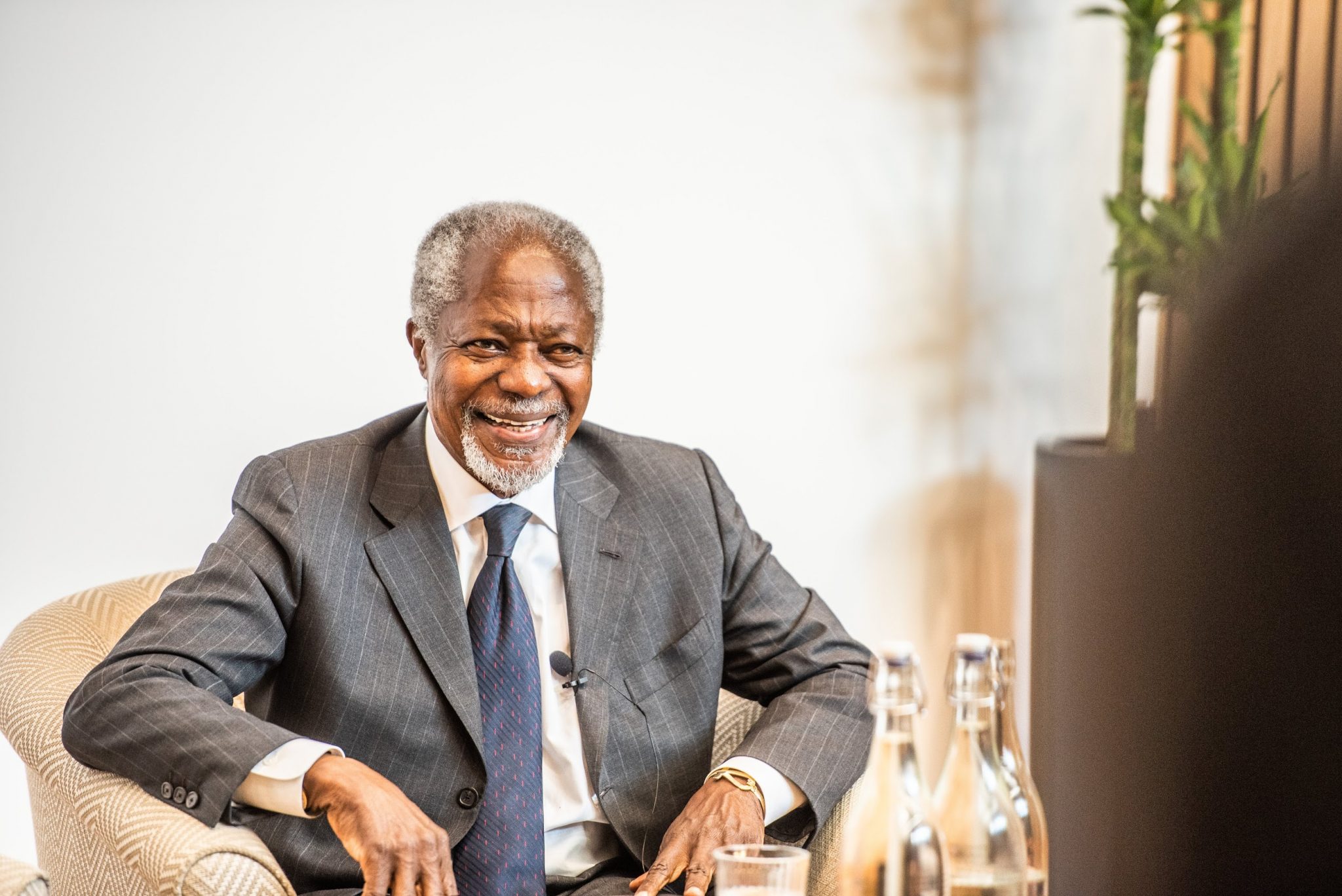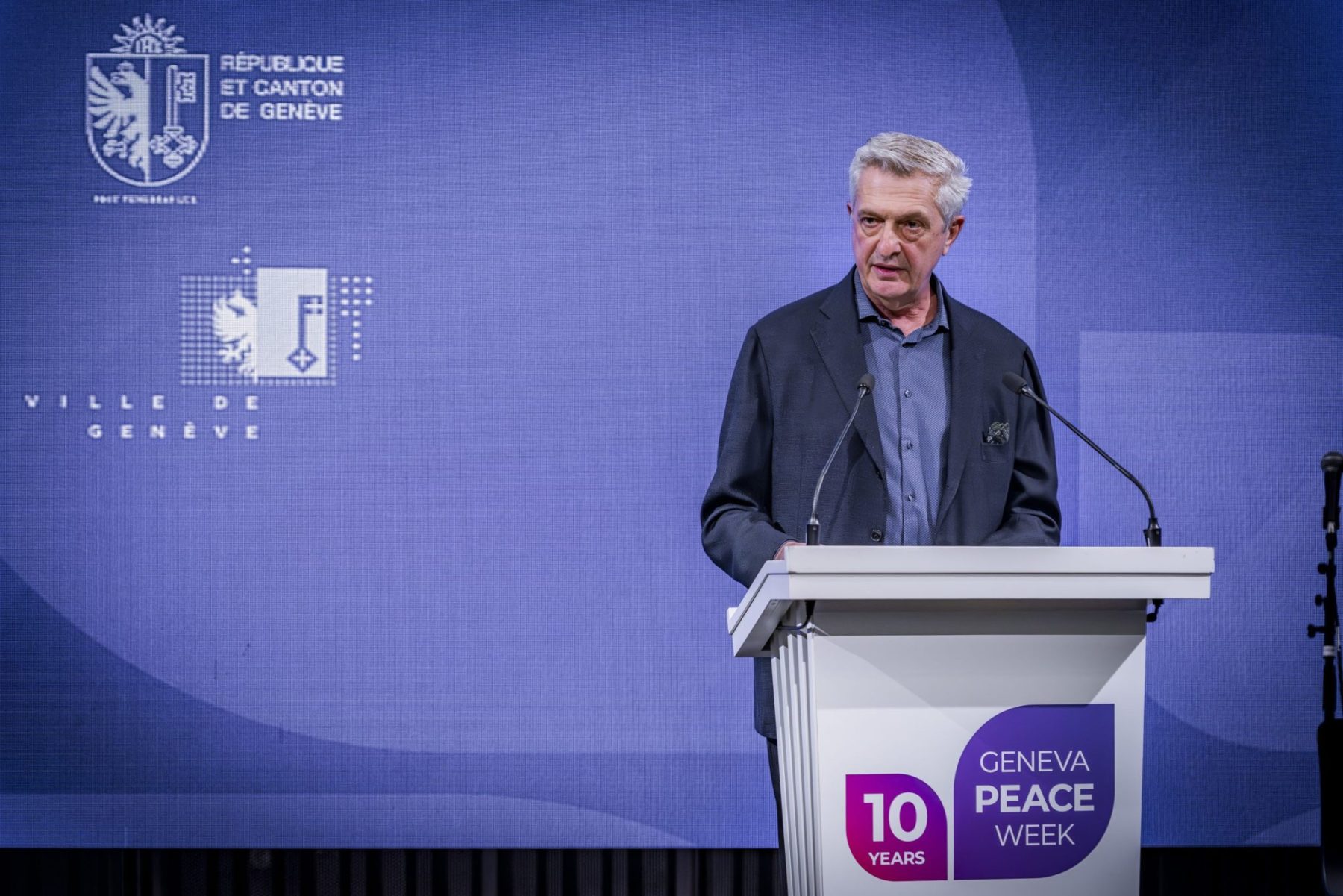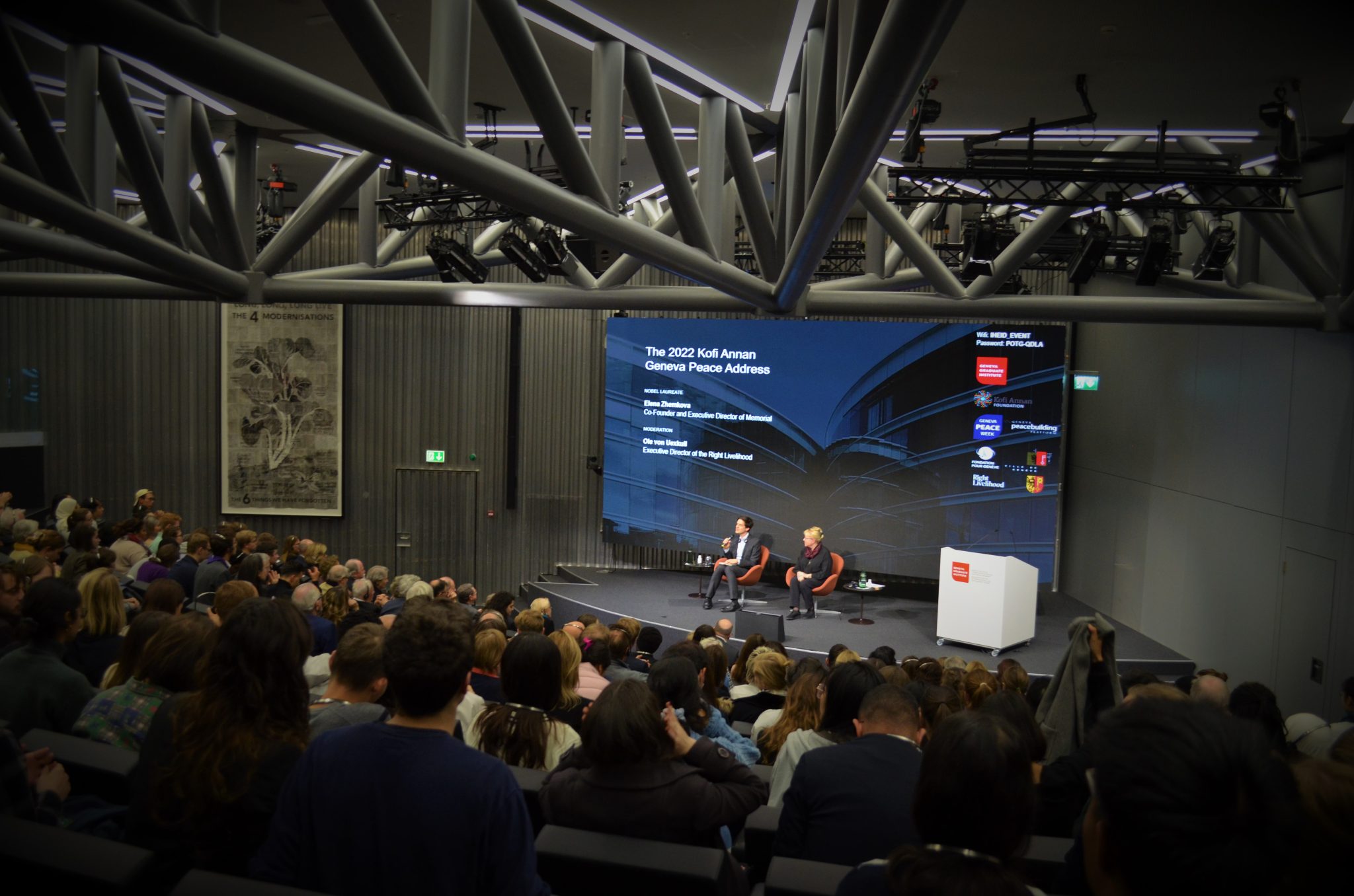Kofi Annan Award for Africa: The nine finalists
We are delighted to introduce the nine social entrepreneurs and innovative health solutions chosen as finalists in the first-ever Kofi Annan Award for Innovation in Africa.
Each finalist is offered mentoring and international networking with selected international investors, industry experts and companies. Three finalists from the nine will be chosen as winners by a high-calibre ten-member jury, including Nobel Prize winner Prof. Muhammad Yunus, Valerie Amos, Kojo Annan, David Beasley and Bogolo Joy Kenewendo. Each of the three winning teams will receive EUR 250,000 complemented by 12 months of intensive support for scaling up their health solutions.
The 2021/2022 Kofi Annan Award for Africa Finalists
Lifestores Healthcare ![]()
As a holistic pharmacy management network, Lifestores Healthcare is already the first contact for health issues for 100.000 patients. As a B2B marketplace, this social entrepreneur already works with 500 pharmacies to help them to streamline their procurement, to reduce the cost of essential medicine and combat counterfeit drug trafficking. Based in Mauritius and operating in Nigeria, the team are mostly pharmacists with a deep knowledge of logistics.
Bryan Mezue, CEO of Lifestores Healthcare, describes the vision: “We are building the ‘rails’ for a digital health system that broadens access to quality and affordable healthcare. We aggregate dispensaries under one technology platform, PharmIQ, helping them purchase medicines, finance transactions & sell online. We are differentiated by our leading technology and unique offline/online blended strategy.”
The company has currently 50 employees (50% female). By 2025, Lifestores Healthcare aims to serve 1,000,000 patients a day with this one-stop-shop, where they integrate vendors and patients.
Find out more about Lifestores Healthcare.
Rocket Health ![]()
Rocket Health currently helps 3.8 million patients with chronic diseases to comply with their treatment plans. The telemedicine platform offers 24/7 online consultations with doctors through different channels (chatbot, phone, video calls, SMS) in different languages.
Rocket Health has an end-to-end medical service, takes lab samples, provides follow-up calls from doctors, and delivers medicines to homes. Their telemedicine solution also works on “non-smartphones” and offline to ensure that all patients have access.
The 2012 founded enterprise is one of the largest and best-established telemedicine platforms in Uganda, with plans to extend the services to Nigeria and Kenya. It works with clinics, laboratories, and pharmacies. The enterprise has 110 full time, and 43 part-time employees, 50 % of those are women.
Find out more about Rocket Health.
MOBicure![]()
The finalist MOBicure has developed an educational app called myPaddi that destigmatizes sexual health. Already 100,000 young people in Nigeria use it for discrete access to counselling.
The app supports coping with sexual abuse and preventing teenage pregnancies or HIV infections. myPaddi provides anonymous access to doctors and trained counsellors. Users can purchase sexual health products online via the app’s e-pharmacy.
Founded in 2015, myPaddi employs 15 people (40% female) and is on the list for the Top30 Health Innovations in Africa.
VaxiGlobal, Zimbabwe ![]()
VaxiGlobal helps minimize vaccine waste in the wake of the global pandemic by facilitating AI verification of vaccine deliveries. The World Health Organization estimates that more than 50% of vaccines may be wasted globally every year and don’t reach their intended beneficiaries. Vaxiglobal “creates offline, biometric-linked digital vaccination certificates to verify vaccine delivery in Africa”, as CEO Tsitsi Sifiyali explains. Already 320,000 users are registered.
The WHO Afro has engaged the company with its tech partner, who provides the artificial intelligence, in a 10-year strategic partnership to verify vaccine delivery in immunization campaigns. Tech partner Simprints provides the AI verification.
The start-up was founded in 2019. It employs 11 full-time employees, of which 62% are female. The immediate goal is to certify the yellow fever vaccination for travellers.
Find out more about VaxiGlobal.
Flare Emergency Response ![]()
1.2 billion citizens in Africa live without access to an emergency response system such as 911 or 112. Flare provides a 24/7 one-stop national emergency response network platform. This digital platform helps coordinate the fragmented ecosystem of emergency vehicles and navigates within minutes in cities. That reduces waiting times drastically. Currently, Flare has enabled access to around 1.2 million users. Founded in 2016, the company is headquartered in Kenya and employs 30 full-time employees, 53% female.
Shezlong
![]()
Shezlong’s solution has already helped more than 70,000 people to access affordable mental health services. Among them are 65% Arabic speaking women who wouldn’t have had access to psychotherapy, especially during the pandemic. Online sessions can be booked from anywhere and at any time.
The female health-oriented platform actively addresses the stigma and cultural shame related to psychotherapy through continuous awareness campaigns. It focuses on women surviving violence and abuse and provides on their online-platform women therapists from similar cultural backgrounds. During the ongoing Covid-19 pandemic, the platform expanded its services to provide extensive therapy sessions for doctors.
The company was founded in 2014 and employs 40 people; 25 of these are women.
mDREET ![]()
In industrialized countries, there is one hearing aid technician for every 20,000 people. In Africa, the ratio is 1 to several million. The extreme shortage of specialists leads to hearing impairments going undetected and unmanaged.
With its mobile hearing test, mDREET, whose headquarters are in Botswana, is revolutionizing the field of screening. Their immediate goal is to test three million children between the ages of two and six. Their innovative hearing solution is based on affordable solar-powered hearing aids developed by Deaftronics (Pty) Ltd. The hearing aid is based on batteries, which are chargeable by the sun, household light or cell phone plug. They last for 2-3 years and can be used in 80% of hearing aids on the market.
Find out more about Deaftronics.
Talamus ![]()
The marketplace model of Talamus ensures continuous patient care through one platform. Patients are connected in real-time to healthcare service providers in their proximity. Over 120,000 users already use the fully integrated mobile health platform, which provides access to hospitals, diagnostics, pharmacies and insurance coverage.
In a successful pilot with the government of Ghana, more than 50 clinics, 80 laboratories and 180 pharmacies joined via an interface the digital marketplace of Talamus Ghana. A rollout for 101 clinics is planned. Talamus Nigeria will digitize 100 healthcare centres.
This healthcare solution reduces waiting times in clinics by nearly 70% and reduces medication costs by 30%. The comprehensive interface is easy-to-use, managing patients without any interruptions or paperwork. Founded in 2016, Talamus has 42 employees, of which 45% are female.
GeroCare Solutions Ltd ![]()
GeroCare currently provides health services for 160,000 senior citizens by providing them with regular doctor visits. Newly subscribed patients are matched with doctors nearby, and patients’ family members benefit from receiving regular medical updates about their elderly relatives. Gerocare also enables easy App-based payments for tests and drugs.
“This cloud-based hospital is created for the parents and elderly relatives from Nigerians all over the world. Every home is a consulting room for better health”, Ebi Ofrey MD, MBA, CEO and Co-Founder, explains. The cloud-based platform currently has 750 doctors, 900+ pharmacies, and 100+ laboratories across Nigeria and provides primary health services in 52 cities.
The company was founded in 2017 and employs 11 people, nearly half female.
—–
Find out more about The Kofi Annan Award for Innovation in Africa >



